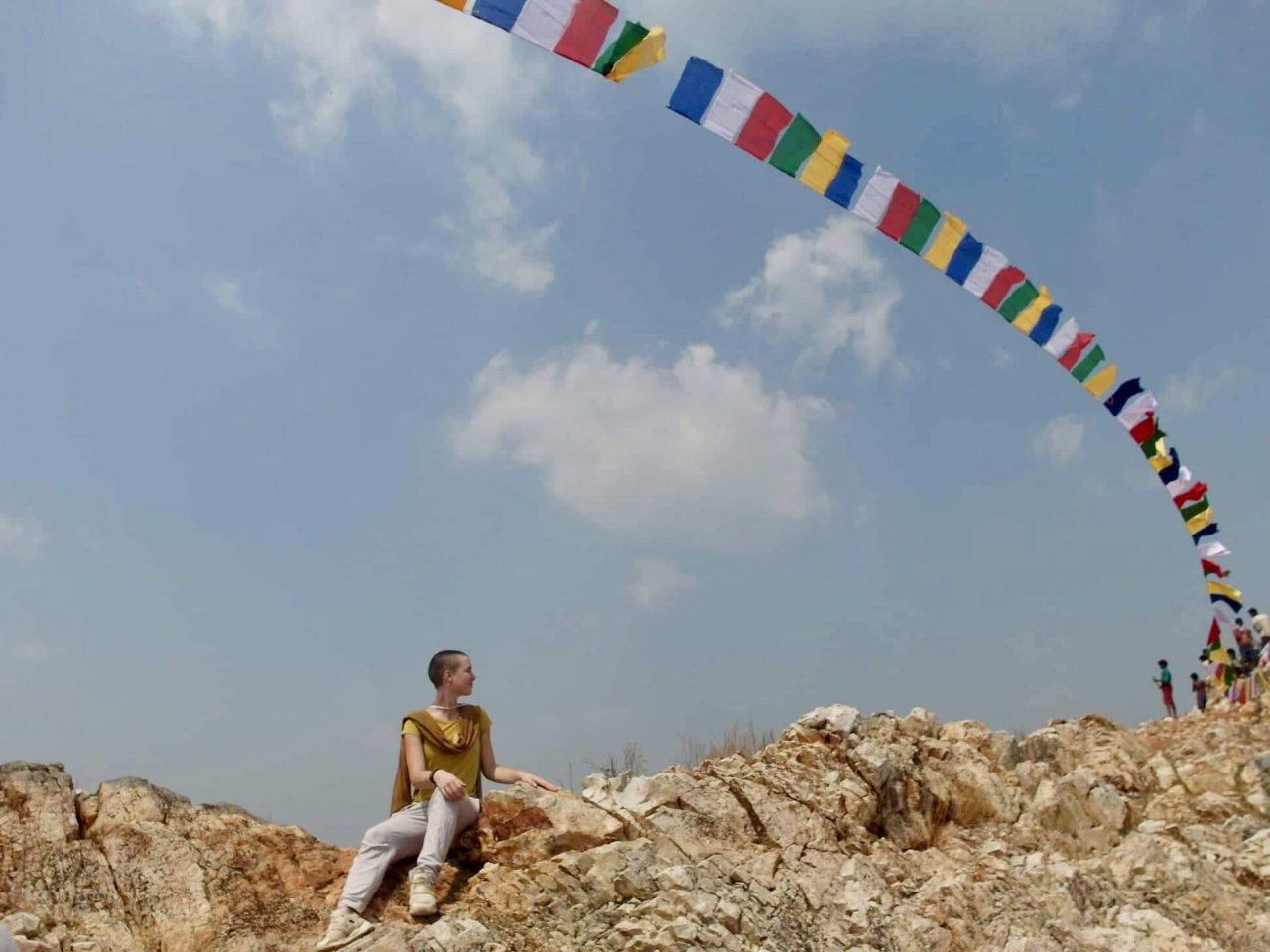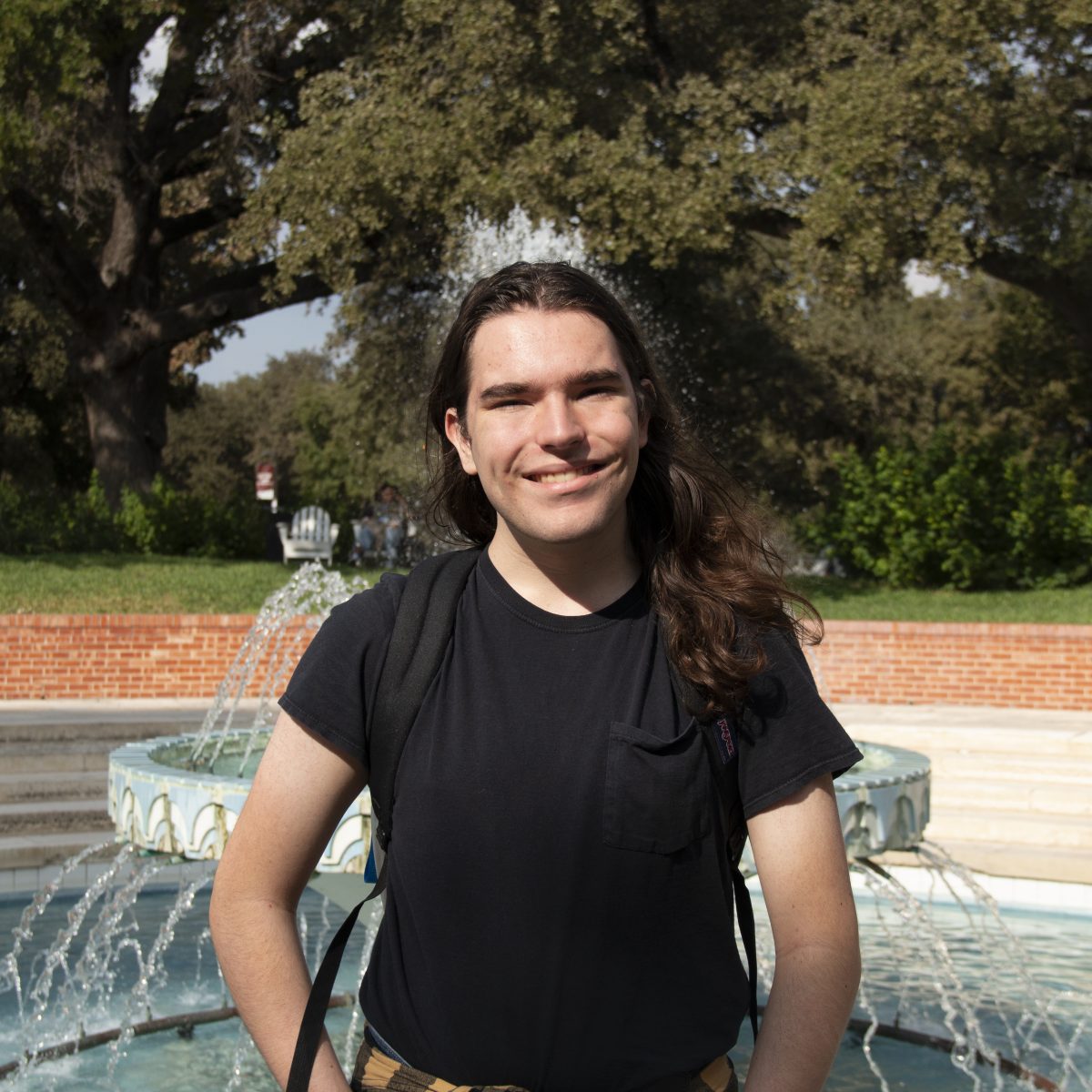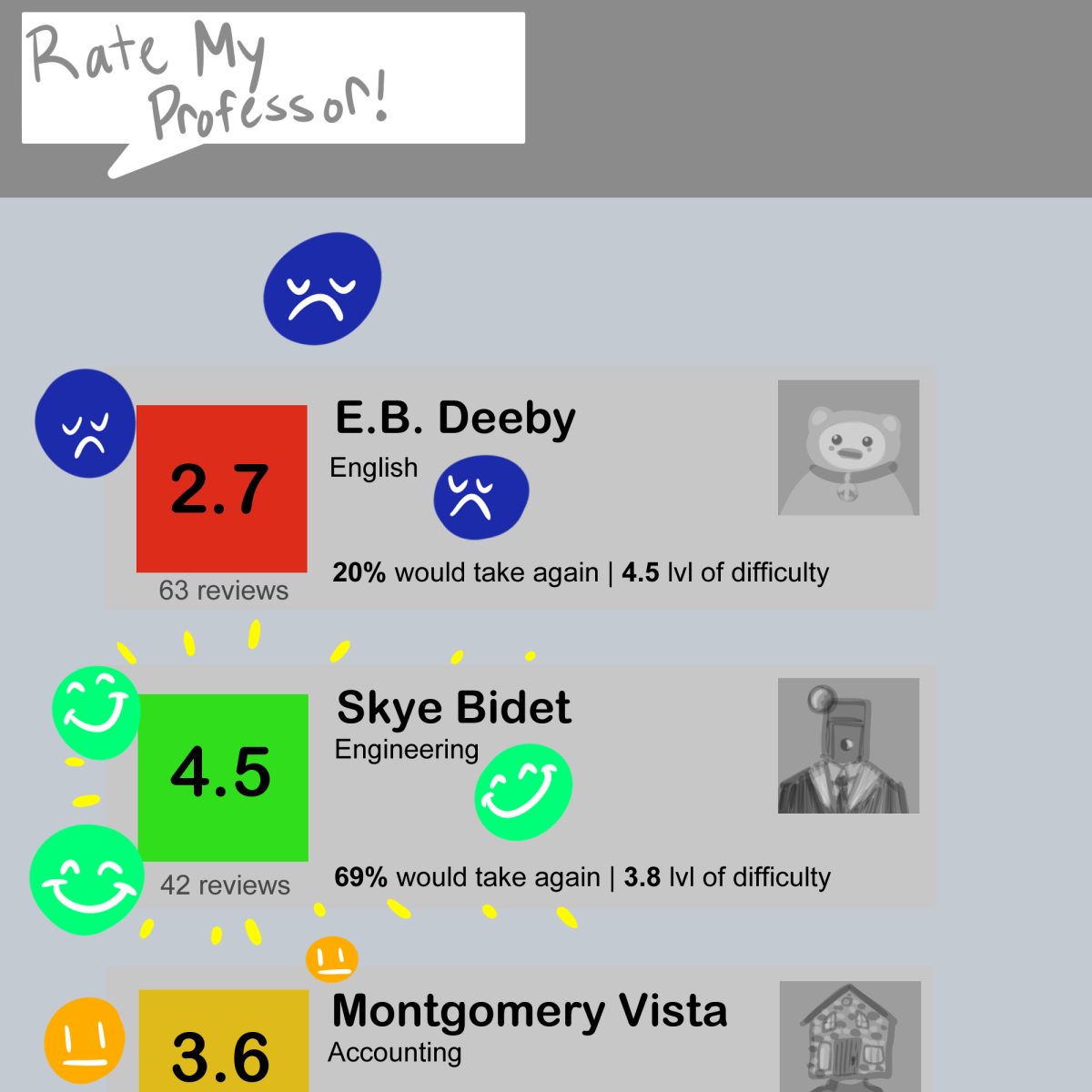A breach of trust
According to Brown, the strict rules and extremely religious environment put significant strain on several students.
“Some of the other students there I don’t think were as prepared to be kind of pushed into this full-fledged Buddhist atmosphere. Come to find out later on the trip, a lot of the staff was Buddhist themselves. And so, at times, it kind of had this culty vibe. And that can be really scary when you’re far away from home,” Brown said.
Around the program’s halfway point in October 2018, a student on the program reported a sexual assault perpetrated by the program’s only doctor.
On October 12, Carleton College sent an email regarding the situation to participating students’ home universities. Trinity’s assistant study abroad advisor Andre Martinez provided this email to the Trinitonian.
The email reads in part: “We are investigating the circumstances of a reported incident of inappropriate sexual touching involving one of the students on the Buddhist Studies off-campus program by a local doctor who was providing medical care to the student. … Upon learning of this incident and a similar one that reportedly happened six years ago, we immediately instructed the director of the program to sever all relations with this doctor and make alternative arrangements for emergency services in Bodh Gaya.”
Fox and Brown declined to comment further on the alleged sexual assault that occurred while they were on the program.
The reveal of this information caused a significant amount of confusion for students on the program. Rumors began to circulate. Many students refused to attend class for days following the incident, because they believed the faculty had withheld significant information about the doctor.
According to Fox, many students felt the faculty could not be trusted.
“For a while it felt like there were two camps — faculty and students — who couldn’t trust each other,” Fox said.
However, that breach of trust also had the unexpected side effect of uniting all of the program’s students, putting them into a place where they had to bond with each other to get through.
“We were our own support system,” Brown said. “I guess that’s where it really started to occur to me like, how meaningful these people were becoming in my life … We would call meetings, and all meet together, and talk about what we were feeling, what we were going to do. I mean, we didn’t know where the program was gonna go at that point, because it had gotten so crazy. … This wasn’t just an inconvenience. We could probably take legal action. So we were questioning if we wanted to do that.”
Both Fox and Brown estimate that about a quarter of the program’s participants left before the end of the semester. Students who left the program received no course credit for the semester.







